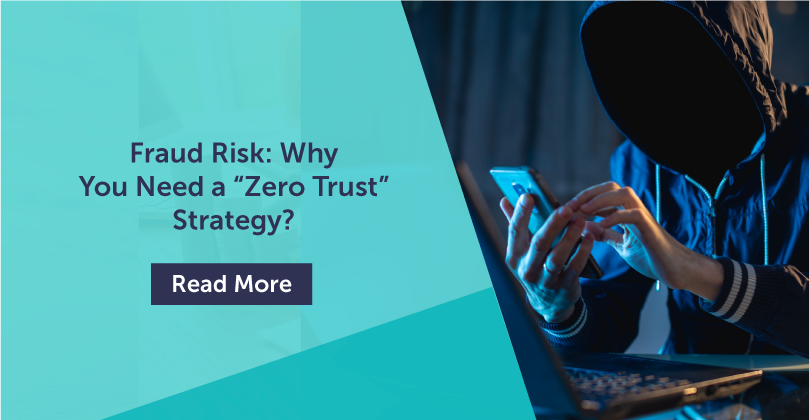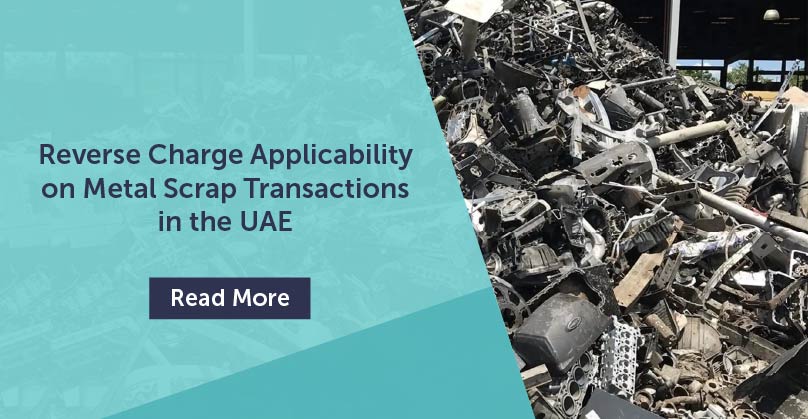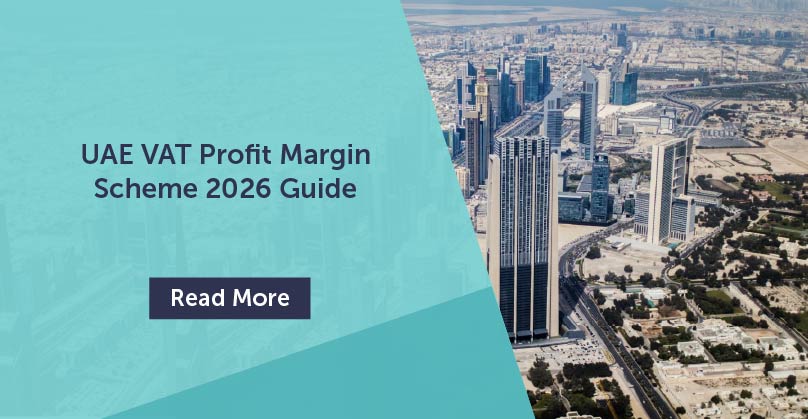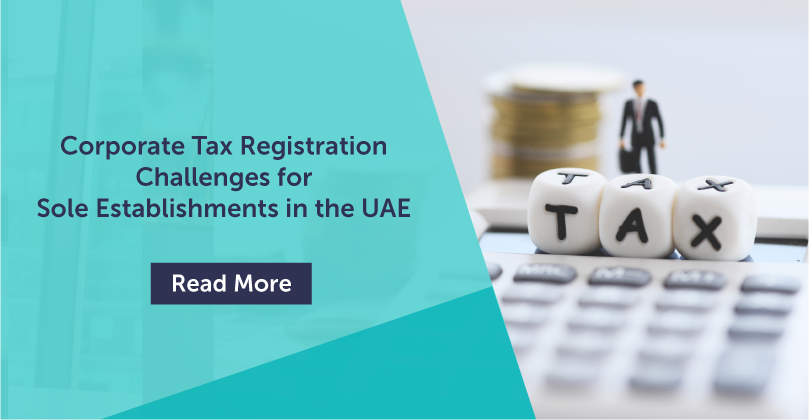
- Sep 11,2025
- Audit / IFRS | Internal Audit
Fraud Risk: Why You Need a “Zero Trust” Strategy?
In the corporate world, fraud risk is no longer limited to forged invoices, unauthorized transactions, or insider collusion. With rapid digital transformation, cloud adoption, and remote working, organizations are increasingly vulnerable to cyber fraud, data breaches, identity theft, and insider threats. The old model of “trust but verify” is no longer sufficient. Businesses that continue to rely on traditional internal controls risk significant financial loss, reputational damage, and regulatory penalties. The modern solution is Zero Trust Strategy.
What is Zero Trust Strategy?
Zero Trust Strategy is a modern cybersecurity framework built on one principle: “Never trust, always verify.” It doesn’t mean doubting your people, it means your organization cannot afford any gap, loophole, or unchecked access that could be exploited. Unlike traditional models that assume users inside the corporate network are trustworthy, Zero Trust enforces continuous authentication, strict access controls, and real-time monitoring of every user, device, and transaction.
Traditional Fraud Tactics: Here's What You're Overlooking
While modern fraud often exploits digital systems and cyber loopholes, businesses must not forget that traditional fraud methods are still very much alive. Many organizations in the UAE and globally continue to lose millions due to tactics that have existed for decades.
Understanding these helps highlight why a Zero Trust Strategy is now important and required:
- Financial Statement Manipulation
Traditional accounting fraud, such as overstating revenues, underreporting expenses, or misclassifying liabilities, has been at the heart of major corporate scandals. - Kickbacks and Vendor Collusion
Procurement has historically been a hotspot for fraud. Employees may collude with suppliers to inflate prices, deliver substandard goods, or receive kickbacks in exchange for favourable contracts. - Payroll Fraud and Ghost Employees
One of the oldest tricks in the book is manipulating payroll systems to include “ghost employees” who receive salaries without working or working more than the required hours. - Expense Reimbursement Schemes
Employees may submit false or inflated claims, such as duplicate bills, forged receipts, or exaggerated travel expenses. - Asset Misappropriation
Physical theft of inventory, office supplies, or company assets remains a classic fraud scheme. Weak inventory controls, inadequate segregation of duties, and a lack of periodic audits enable such practices. - Fake Sales and Skimming
Sales staff sometimes manipulate sales records, skim cash before it is recorded, or inflate sales figures to meet targets. - Identity and Document Fraud
Forging signatures, falsifying documents, and using fake IDs to gain access to sensitive systems or financial approvals are time-tested methods of deception.
The Fraud Triangle: Why People Commit Fraud?
Very simple, most of us want to be rich, powerful, and successful as soon as possible. To further understand why fraud happens, experts often refer to the Fraud Triangle, a model developed by criminologist Donald Cressey. It explains that three elements usually connect when fraud occurs:
- Pressure: Financial stress, unrealistic targets, or personal debt push individuals to look for unethical shortcuts.
- Opportunity: Weak internal controls, lack of monitoring, or blind trust in employees create room for manipulation.
- Rationalization: Fraudsters justify their actions by telling themselves it’s temporary, I deserved it, or it was harmless (“I’ll pay it back later,” or “The company owes me”).
Even in the UAE’s regulated business environment, these three forces remain powerful drivers of fraud. By adopting Zero Trust practices, organizations can minimize opportunities, making fraud significantly harder to execute.
Why Fraud Risk Requires Zero Trust?
Fraud has evolved and updated. The following are the aspects why traditional controls are becoming obsolete and why Zero Trust is essential:
- Digital Transactions Dominate
Manual approvals and paper-based controls are fading. With ERP systems, online payments, and cloud workflows, fraudsters exploit digital loopholes. - Insider Threats Are Rising
Employees, vendors, or contractors with system access can manipulate data or override controls. Zero Trust limits access strictly to what is necessary. - Remote Work Creates New Weaknesses
Remote logins, unsecured networks, and personal devices expand the fraud risk perimeter. Zero Trust enforces multi-factor authentication (MFA), endpoint protection, and session monitoring. - Compliance Requires Strong IT Controls
Regulatory frameworks such as SOX, Basel III, PCI DSS, ISO 27001, GDPR, SOC 2, COBIT, COSO, and UAE-specific AML & CTF regulations etc. emphasize robust IT General Controls (ITGCs) and fraud prevention measures. - Financial & Reputational Loss
A single fraud incident can lead to regulatory fines, lawsuits, client distrust, and market share decline.
How Zero Trust Strengthens Internal Controls?
Traditional internal controls, like approvals, reconciliations, and segregation of duties, are necessary but insufficient in the digital age. IT-enabled controls and Zero Trust architecture provide an advanced fraud shield:
- Identity & Access Management (IAM): Verifies every user, enforces least privilege access.
- Multi-Factor Authentication (MFA): Prevents credential theft-based fraud.
- Continuous Monitoring & Audit Logs: Detects unusual user behavior and system anomalies.
- Data Encryption & Protection: Safeguards sensitive financial, customer, and employee data.
- Segregation of Duties in Systems: Ensures no single user can initiate, approve, and complete high-risk transactions.
- Automated Alerts: Flags suspicious activity in real-time, reducing fraud detection time.
- Integration with Internal Audit – Aligning IT controls with frameworks such as COSO, COBIT, ISAs, and SOC reports for complete coverage.
Industries That Cannot Ignore Zero Trust:
At CLA Emirates, we work with diverse industries across the UAE and GCC, where fraud risks are particularly high:
- Banking & Financial Services: Online fraud, cybercrime, Basel III compliance.
- Retail & E-commerce: Payment fraud, card skimming, PCI DSS compliance.
- Healthcare: Patient data breaches, regulatory non-compliance.
- Construction & Real Estate: Ghost employees, project fund diversion, RERA compliance.
- Logistics & Manufacturing: Fake suppliers, procurement fraud, and inventory manipulation.
- Hospitality & Tourism: Insider collusion, POS fraud, guest data protection.
How CLA Emirates Can Help?
Implementing Zero Trust is not just an IT project; it requires alignment with risk management, internal controls, compliance, and audit frameworks.
At CLA Emirates Audit, Tax & Advisory, we provide:
- Fraud Risk Assessments: Identifying gaps in current fraud prevention systems.
- Zero Trust Implementation Roadmap: Aligning IT controls with business strategy.
- Internal Audit of IT Systems: Evaluating access controls, ERP, and cloud environments.
- Policy & SOP Development: Embedding Zero Trust into everyday operations.
- Regulatory Compliance Support: Ensuring readiness for SOX, AML, GDPR, PCI DSS, ISO 27001, SOC 2, and UAE-specific requirements.
- Continuous Monitoring & Reporting: Helping management detect fraud before it escalates.
Conclusion: Don’t Wait for Fraud to Happen!
Fraud is no longer a rare event; it is a constant and evolving risk. Manual controls and traditional approaches cannot keep up. Businesses must act now by adopting a Zero Trust Strategy as part of their internal control framework.
By combining internal audit expertise, IT controls, regulatory compliance, and Zero Trust architecture, CLA Emirates helps organizations across the UAE protect their assets, reputation, and future growth.
Don’t wait for a fraud incident to force action. Proactively adopt Zero Trust today.
Call for Consultation
CA Dhara Yagnik | Associate Director - Audit, Compliance & Business Transformation
M: +971 56 595 6836
E: Dhara.Yagnik@CLAemirates.com




